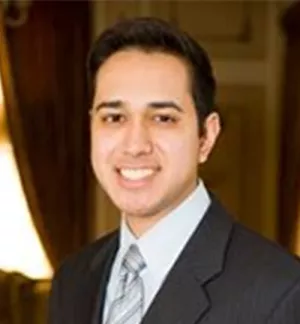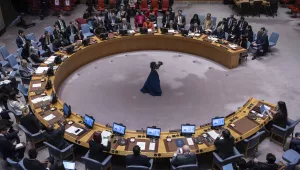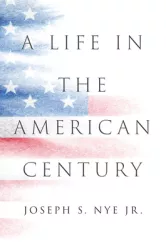Famed Bollywood actor Sanjay Dutt was released from prison last week after completing a five-year jail sentence for possessing illicit weapons supplied to him by the architects of the deadly 1993 Mumbai terror attacks. His release marks the end of a high-profile case that highlights the close and ongoing nexus between India’s celebrated film industry and its infamous mafia.
The link between Bollywood and Indian organized crime is as old as India itself: Mumbai’s original mafia don, Haji Mastan, produced films starring his mistress to promote her fledgling cinematic career. The film industry’s intimate relationship with the Indian underworld is considered one of the country’s worst kept secrets whose origins can be traced to a government regulation that rendered the cinema industry ineligible for legitimate forms of financing. Film producers, directors and actors were forced to find alternate revenue streams to make their movies, often from suspicious sources with strong links to criminal organizations.
While the law was amended in 2000 to allow the film industry to qualify for bank credit, the underworld’s influence within Indian cinema had already become deeply entrenched and pervasive. In many instances, filmmakers and celebrities were forced to accept underworld financing whether they wanted to or not. Eminent Indian film director Mahesh Bhatt once observed that “there’s hardly anybody in the film industry who has…not been contacted by the mafia.”
In 2011, a WikiLeaks cable issued by the State Department further underscored the close ties between India’s multibillion film industry and the underworld.
“The industry also welcomed funds from gangsters and politicians, looking for ways to launder their ill-gotten gains, known in India as ’black money,’ the cable noted. “After the government added the film industry to the list of legitimate industries, the corporatization of Bollywood – and the wider entertainment industry – began.”
In addition to film financing and money laundering, film piracy, counterfeiting and distribution have also become lucrative activities for the Indian underworld.
The cozy relationship between the Indian mafia and the film industry appears to be symbiotic on the surface. Indian film stars openly flaunt their organized crime connections, and Bollywood’s A-list celebrities routinely attend lavish, well-publicized mafia parties around the world. At the same time, however, these links have proven deadly for the industry’s most notable members. While India’s most powerful underworld bosses like Dawood Ibrahim and Abu Salem will celebrate with Bollywood’s most distinguished members one day, they will extort them the next.
Extorting Bollywood’s cinema elite is among the most profitable activities for the underworld. Organized crime groups ruthlessly target and even kill some of the industry’s most prominent directors, producers and even film stars who refuse to make the exorbitant extortion payments.
In January 2001, well-known Indian film director Rakesh Roshan narrowly escaped an assassination attempt outside his Mumbai office after he refused to sell the overseas rights of his latest film,Kaho Naa Pyaar Hai, to one of India’s leading criminal organizations. The contract killing was allegedly ordered by an Indian underworld figure based in Dubai, financed with money laundered through Abu Dhabi, planned in Pakistan and ultimately carried out in India.
Roshan’s son, Hrithik Roshan, along with legendary film director Karan Johar, who directed some of Bollywood’s most famous blockbusters, including Kuch Kuch Hota Hai, Kabhi Khushi Khabhie Gham and Kal Ho Naa Ho, also received police protection after receiving death threats from the Indian mafia.
With certain minor exceptions, there has been virtually no legal response to organized crime’s infiltration of India’s film industry. While low-level gangsters are occasionally charged with single counts of extortion, racketeering or intimidation, it is rare for prosecutions to target high-level crime figures or move beyond these perfunctory charges, especially in light of how ubiquitous Indian organized crime is within Bollywood. In 2001, Nazim Rizvi, producer of Chori Chori Chupke Chupke, and his assistant were sentenced to six years in prison for working with the underworld to extort members of the film industry. While authorities pointed at the prosecutions as evidence of the government’s resolve to target the nexus between Bollywood and the underworld, Rizvi and other industry insiders dismissed the trial as politically motivated.
Dutt was cleared of allegations that he was complicit in the actual Mumbai terror attack in March 1993 orchestrated by Dawood Ibrahim that left 257 dead after a series of bomb blasts ripped across the city. He was convicted, however, of illegally possessing the firearms that he claimed he obtained for self-defense. Leaving prison last week, he asked reporters not to characterize him a terrorist adding, “There is no easy walk to freedom, my friend.”
Desai, Ronak. “Bollywood's Affair with the Indian Mafia.” Forbes, March 3, 2016




